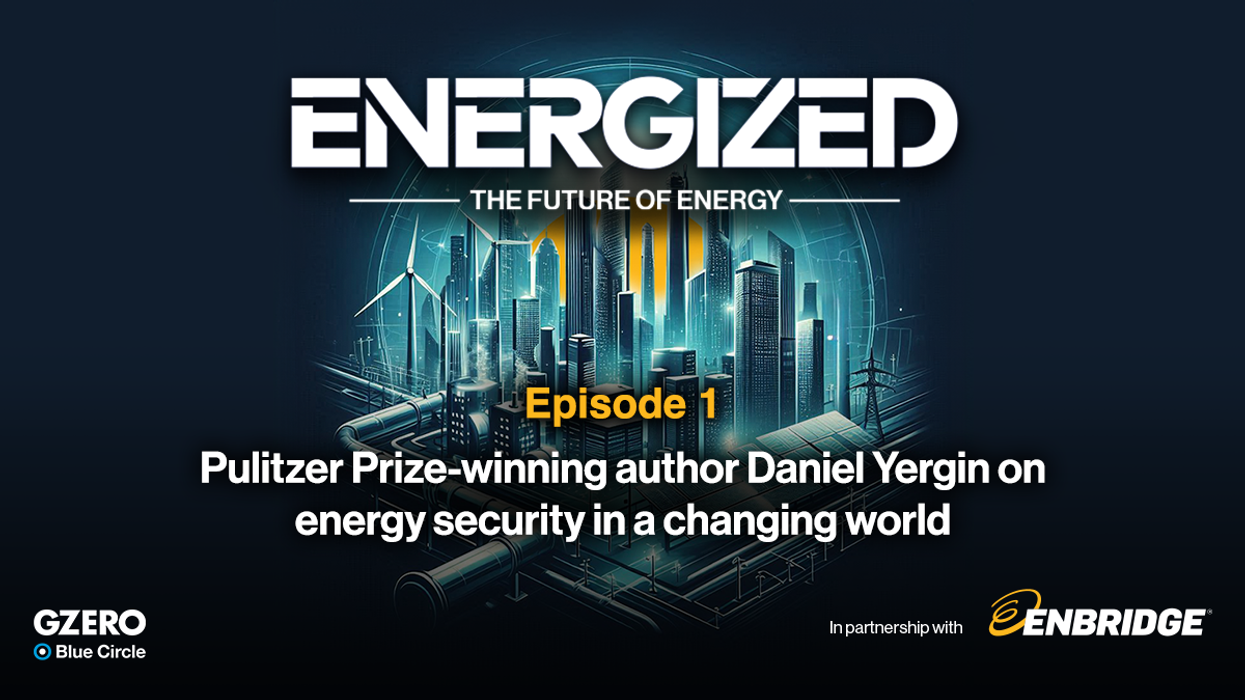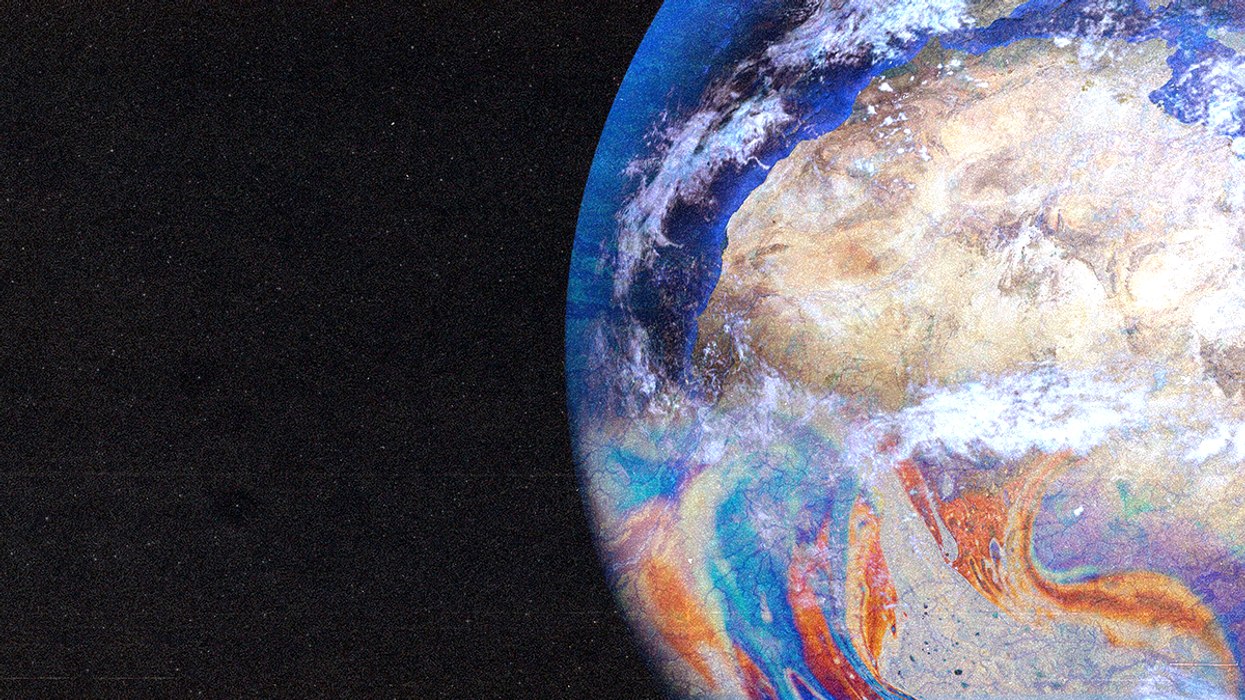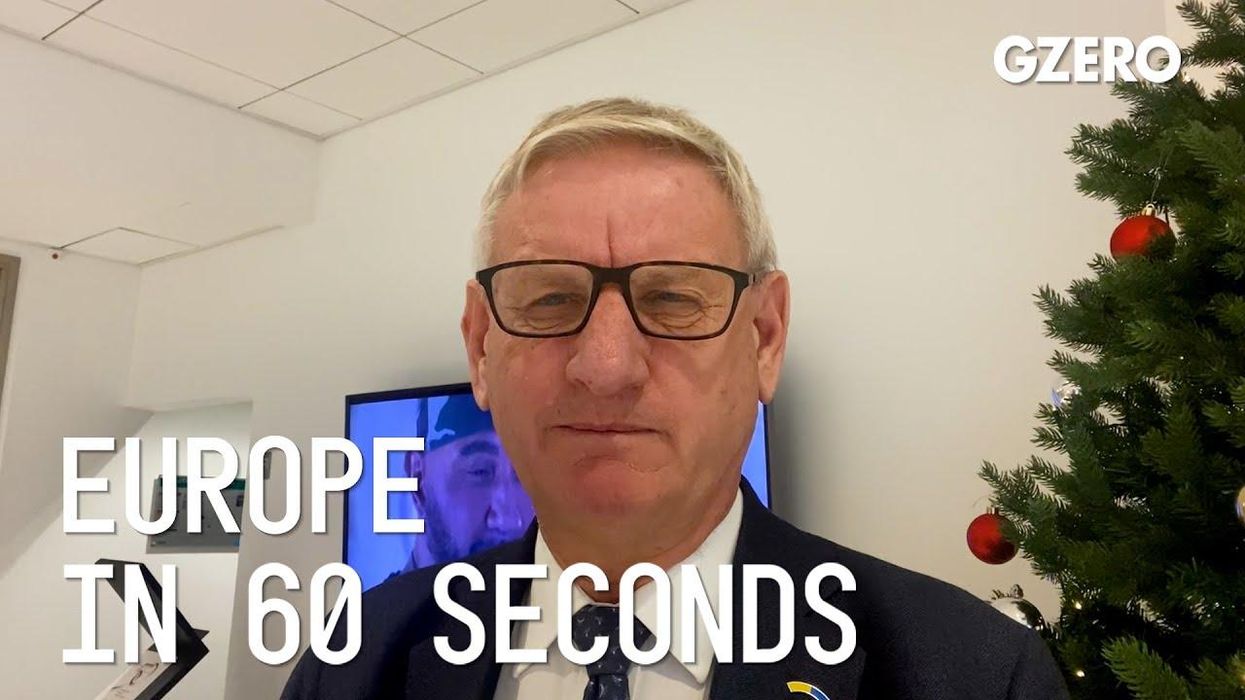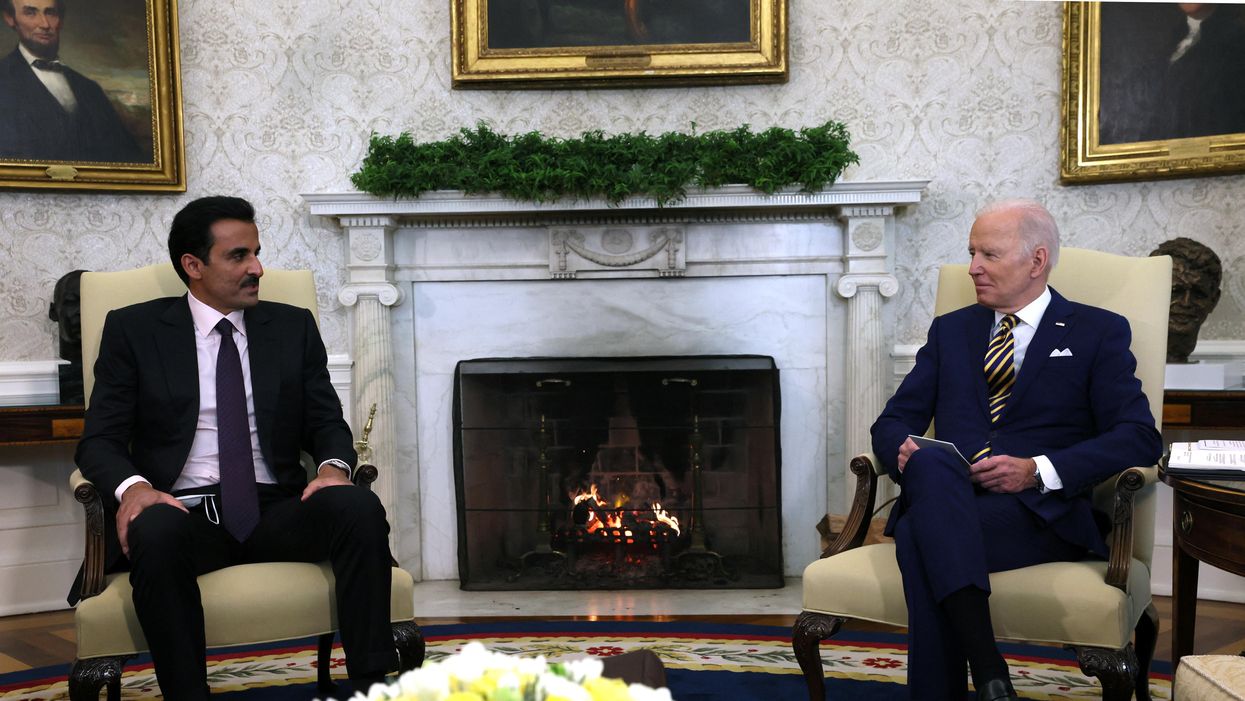Energized: The Future of Energy
Pulitzer Prize-winning author Daniel Yergin on energy security in a changing world
Whoever controls the energy controls the power. But what if the resources change? In this episode of Energized: The Future of Energy, host JJ Ramberg and Enbridge CEO Greg Ebel talk to Daniel Yergin, Vice Chairman of S&P Global and author of The New Map: Energy, Climate & the Clash of Nations. They discuss the relationship between energy and geopolitics, how changes in energy resources impact the relationships between global superpowers, and the most effective ways to bring along developing nations as we move further down the path to energy transition.
Sep 05, 2024




